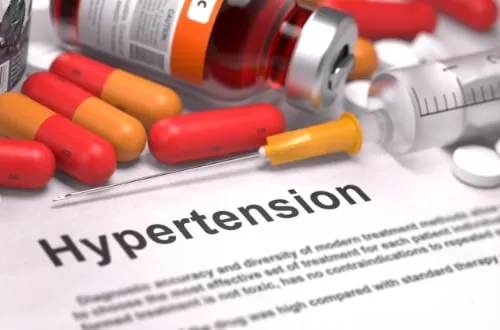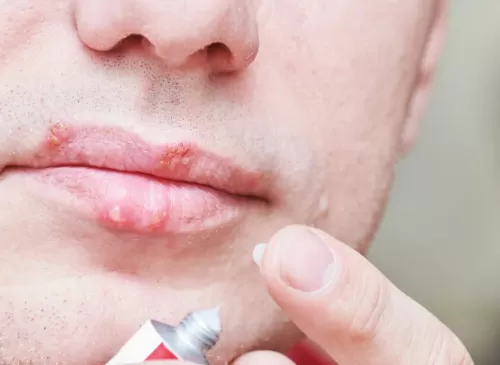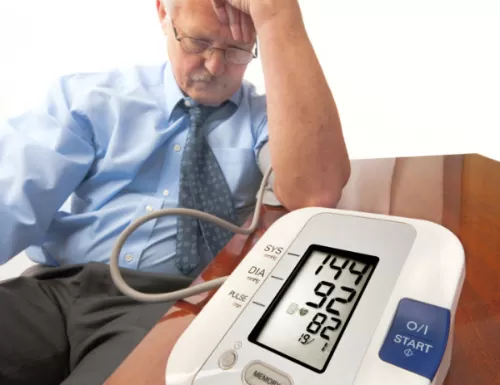Hypertension Drugs: What Seniors Need to Know in 2025
High blood pressure, or hypertension, remains one of the most common health concerns for seniors in the U.S. In 2025, new advancements in hypertension drugs are making treatment more effective and accessible than ever before. However, with rising concerns about drug shortages, side effects, and online scams, it’s essential for seniors to stay informed about their medication options.
Related searches

Doctors continue to prescribe proven medications like:
ACE inhibitors (e.g., Lisinopril) – Help relax blood vessels.
Beta-blockers (e.g., Metoprolol) – Reduce heart rate and blood pressure.
Diuretics (e.g., Hydrochlorothiazide) – Help the body eliminate excess salt and water.
Calcium channel blockers (e.g., Amlodipine) – Prevent blood vessels from tightening.
New combination drugs – Many patients are now prescribed single pills that combine multiple medications for better effectiveness and fewer side effects.
Recently, supply chain disruptions have led to shortages of some common blood pressure medications. Seniors relying on daily hypertension treatment should:
Check with their doctors about alternative medications if their usual prescription is unavailable.
Use reputable pharmacies—beware of counterfeit drugs sold online.
Explore Medicare and discount programs to reduce costs.
Artificial intelligence is playing a bigger role in hypertension treatment. AI-powered health apps and smart blood pressure monitors now provide real-time alerts and personalized medication reminders, helping seniors stay on track with their treatment plans.
Managing hypertension is more than just taking medication—it requires a combination of lifestyle changes, regular check-ups, and staying informed about new treatment options. With advancements in drug therapy and technology, seniors in 2025 have more resources than ever to keep their blood pressure under control.
By :Olivia
Recommend
Copyright © 2025 Clever search. All rights reserved






